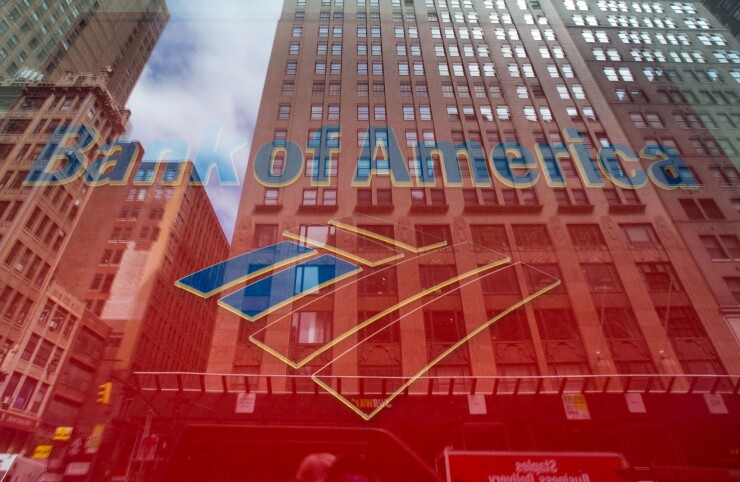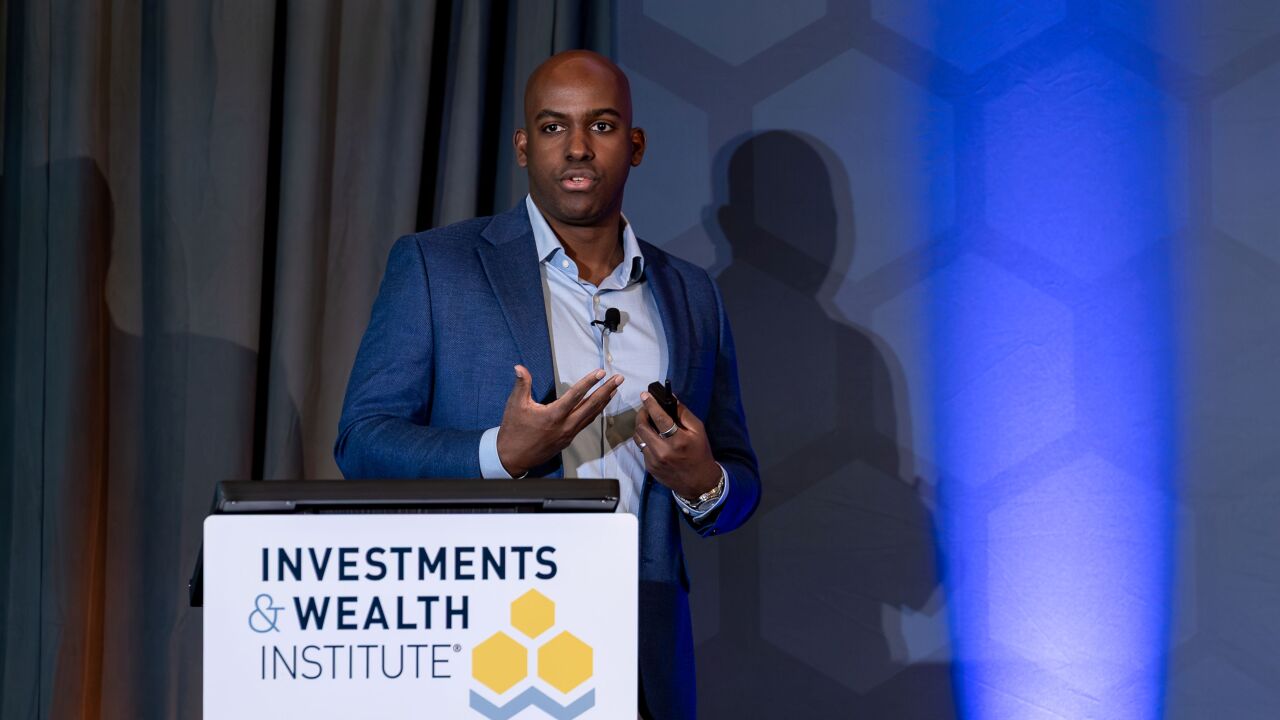Frank Dobbin, a professor at Harvard, has declared that most corporate diversity programs have failed. In a Harvard Business Review article last year, he said they alienate managers and endorsed an alternative: a voluntary, consciousness-raising program that includes rank-and-file staff along with supervisors.
Could it work? Wells Fargo, a company that’s faced racial discrimination allegations, is willing to try.
As part of a $35.5 million settlement with black financial advisers, Wells Fargo agreed to take non-financial measures to create a more fair workplace. They borrowed ideas from Dobbin, including focus groups with senior business leaders and black brokers from the bank’s private client group and wealth brokerage services operations.
“The question was, ‘How do you get good people in a room together who all care about the issue of changing the outcome and get ideas?’ ” said Linda Friedman, lead counsel for the plaintiffs.
Wells Fargo’s efforts are an important experiment for the financial-services industry, which has faced accusations of discrimination for decades. MetLife agreed this year to pay $32.5 million in a settlement, and in 2013, Bank of America’s Merrill Lynch resolved a racial-discrimination employment case for a record $160 million. The companies didn’t admit guilt.
“In general, the settlements don’t lead to changes in the composition of the workforce,” Dobbin, who’s now advising Wells Fargo, said. “That’s why both sides were kind of interested in implementing the things that we have shown to be effective in other firms: targeted recruitment and mentoring.”

NEW TACTICS
African-American financial advisers at Wells Fargo said they were underrepresented among the bank’s 15,000 registered brokers and systematically excluded from lucrative teams. The firm’s discriminatory policies and practices for client account distribution and assignments led to lower pay, the complaint said. Wells Fargo disagreed with the claims.
“We look forward to Professor Dobbin sharing his research with leadership as we explore new approaches for advancing an even stronger diverse and inclusive culture,” a Wells Fargo Advisors spokesperson said in an emailed statement. “We are continuing to respect and embrace new ideas.”
A typical settlement includes a consent decree, in which a bank mandates diversity training for managers or agrees to send regular reports on the number of underrepresented minorities to a monitor. These programs usually last four years.
-
While her performance at the bank has been exemplary, she was denied opportunities that directly affected her pay, the advisor claims.
August 17 -
One way to effect positive change is by helping clients invest through a gender lens, says ThirtyNorth Investments exec Suzanne Mestayer.
May 3 -
While women are far less likely to engage in misconduct, they're punished much more harshly for any infractions, per a new study.
March 14 -
There are more CFPs over 70 than there are under 30. The board's Center for Financial Planning looks to fix that with new diversity and internship initiatives.
February 15
A program like that, Friedman said, “probably was going to be met with hostility. Every time you put together a program, the program failed, not because it was never implemented, but because they found a work-around.”
Meanwhile, the underlying issues persist, said Katherine Phillips, a Columbia Business School professor, who has researched diversity and ethics practices: “The first step of recovery is admitting that there’s a problem and trying to make sure they’re solving the problem and not just the symptoms.”
Dobbin said managers see mandatory diversity training, whether required by a court or by corporate headquarters, as a control tactic. Workshops, job tests and grievance systems can also draw resistance because managers see them as an affront to their judgment. It’s more effective, the professor said, to enlist managers in coming up with a plan to prevent bias from creeping into the business structure.
Wells Fargo is seeking to reform staff behavior and improve its public image on several fronts after settling a federal review last year into the practice of signing up customers for new accounts without their permission. The lender has bolstered internal controls and abandoned sales and bonus targets that were linked to the abuses.
The Office of the Comptroller of the Currency in March slashed a rating of how the bank serves communities, citing enforcement cases that faulted the company’s treatment of minority neighborhoods, military personnel and women who had recently given birth. The company said it was committed to addressing the regulator’s concerns.

DATA CRUNCHERS
As the Wells Fargo broker settlement was in its final stages, Dobbin spent a day with the bank’s top executives, explaining his findings. The professor has already identified one area in need of improvement, saying the company needs to hire more black advisers.
The focus groups will start with conversations about improving recruitment and retention of black brokers. It’s important managers are in the room, so they can directly communicate the diversity and inclusion game plan with their teams, Dobbin said. He also stressed that companies need to use metrics to see whether their efforts are actually helping to bring in more minorities and deploy them on favorable assignments.
“You might expect financial services, where there are a lot of data crunchers, to be more evidence-based,” Dobbin said. “It looks like they’re moving in that direction.”
Merrill Lynch’s leadership councils are also aimed at boosting interaction between black brokers and their colleagues. Before the settlement, the bank had tried a string of diversity programs. But now people involved in the council have told Friedman the newer method feels more like an “avenue for being heard when you’re being aggrieved,” she said. Bill Halldin, a spokesman for BofA Merrill Lynch, declined to comment.
If focus groups and councils don’t succeed, the next step may be a familiar one.
“They will be sued again by the next generation of people whose lives are horribly impacted by the treatment,” Friedman said. “It will cost them a lot more money.”





